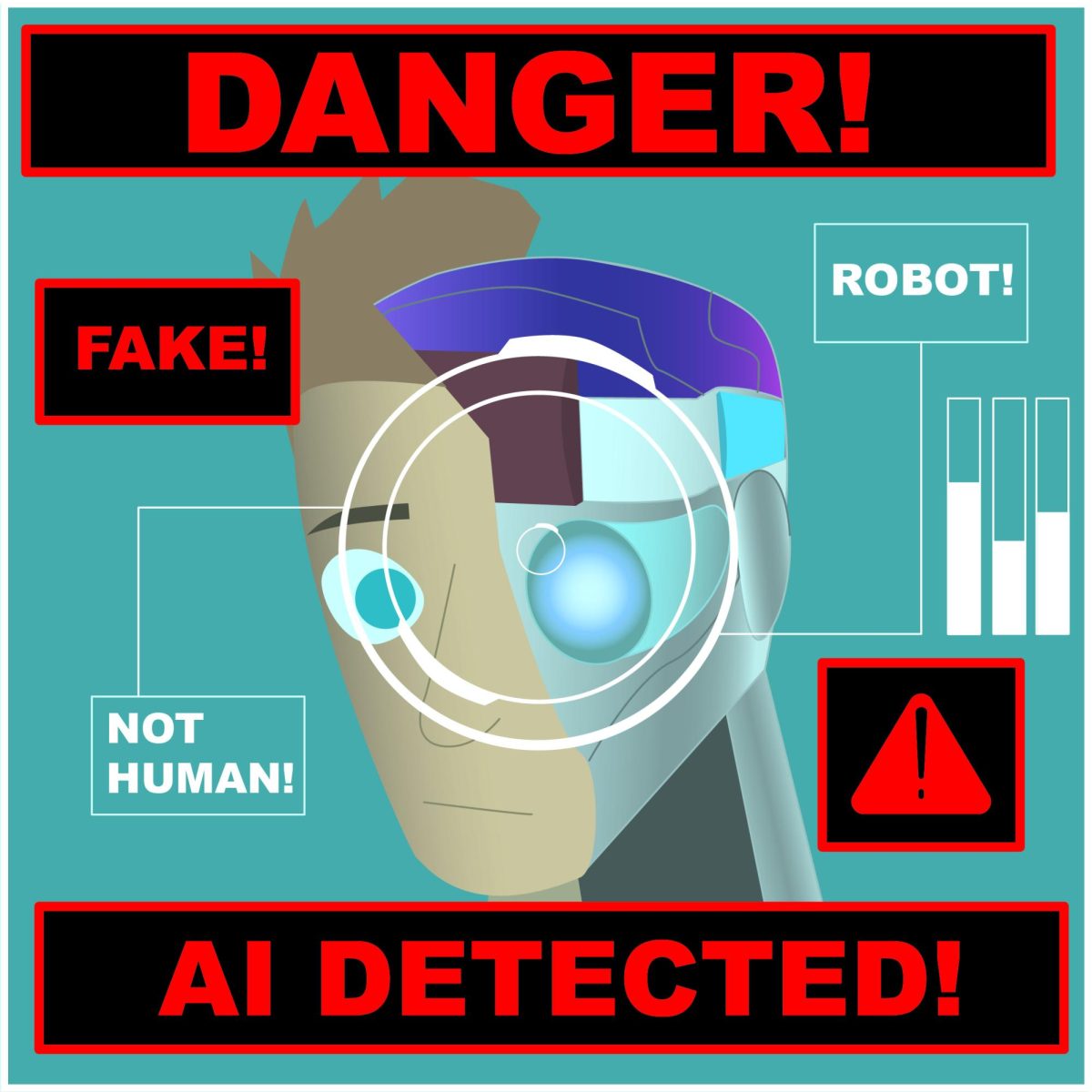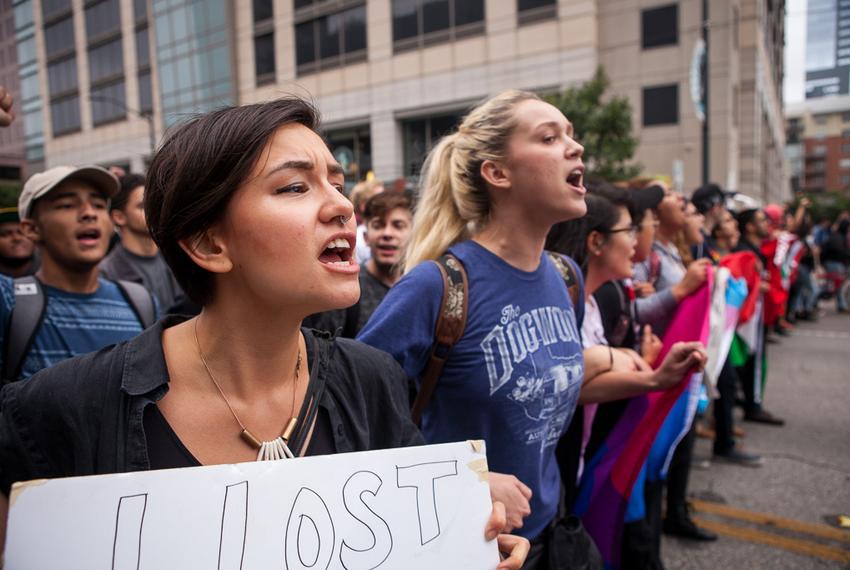By Caitlin Piper
I distinctly remember my best friend’s 7th birthday party. She had invited 10 other kids from our first-grade class for an afternoon filled with colorful balloons, sugary treats and a veritable truckload of torn wrapping paper. More than anything else, my friend wanted a bike — a bright green one — to ride around the neighborhood after school. But the party came and went, and there was no bike in sight.
It was only after the cake had been devoured, the last of the wrapping paper shoveled away and every guest had returned home, when her parents wheeled her new bicycle into the living room.
My friend came to me the next day in class, looking rather peeved. She told me that her parents wouldn’t let her ride the bike around me.
Considering we were practically glued at the hip, she might as well have never gotten a bike at all.
According to her parents, it would be wrong for her to ride the bike around me because I could never ride one on my own. This was also why they kept the bike hidden in the garage throughout the party. They were afraid the mere sight of it would send me into tears.
I have had cerebral palsy all my life. Though I’ve come a long way physically since childhood, friends and strangers alike still act like the mere acknowledgement of my disability would destroy me.
I find this troubling. Though I know their hearts are in the right place, the implication that I am this fragile creature unwilling to accept the reality of my situation or acknowledge my own shortcomings does not sit well with me.
And though I do not pretend to represent the disabled community at large, I know I am not the only one who has experienced this.
By no means am I saying that living life with a disability is without its struggles. I get tired easily and am usually self-conscious about my gait, and I can’t tell you how many times I’ve wanted to just take my chances and toss myself down a staircase if it meant less time would be spent searching for an elevator everywhere I went.
But such behavior happens to have the exact opposite effect as intended. By painting disabled people in a light where they cannot recognize their weaknesses or flip out at the mere mention of the words “disabled” or “handicapped,” many well-meaning people are being unintentionally ableist. These bids for sensitivity are infantilizing an entire group of people who are still capable of living independent and productive lives and forcing other able-bodied people to define those in the disabled community by their own handicaps.
Discrimination against the disabled is still a genuine problem, but this is not the way to go.
If you are fighting for tolerance without listening to the very demographic you claim to represent, you are contributing to the issue.






